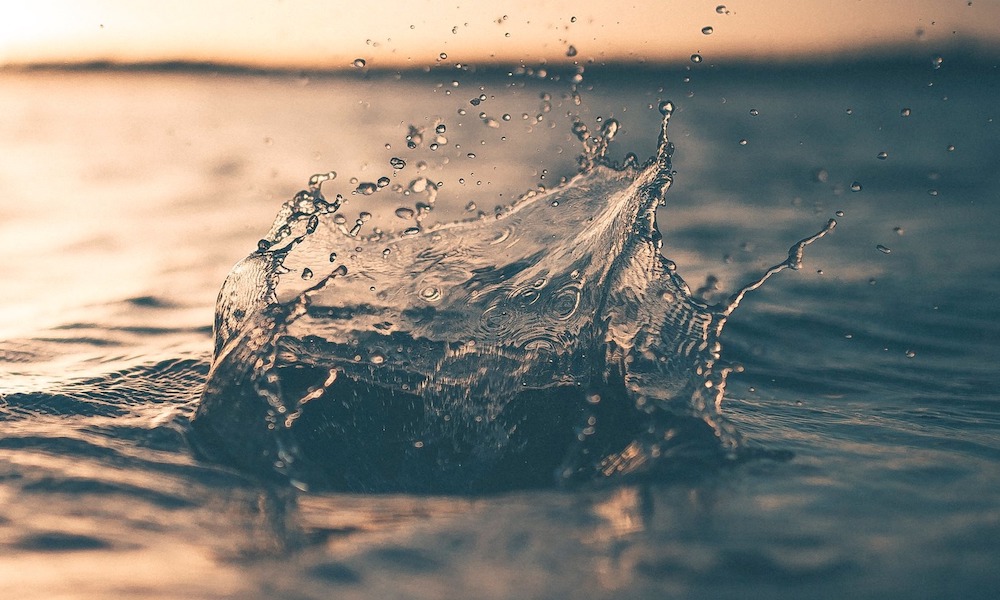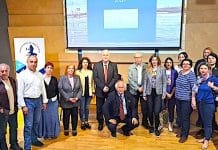 Industries have become increasingly aware that they contribute directly and indirectly to water scarcity and pollution, and this constitutes a risk that they have to respond to. The water footprint is a measure of the appropriation of freshwater for productive activities both in terms of the amount of water consumed (green and blue WF) or polluted (grey WF).
Industries have become increasingly aware that they contribute directly and indirectly to water scarcity and pollution, and this constitutes a risk that they have to respond to. The water footprint is a measure of the appropriation of freshwater for productive activities both in terms of the amount of water consumed (green and blue WF) or polluted (grey WF).
The Water Footprint Assessment is a structured process which quantifies and maps the green, blue and grey water footprint, assesses its sustainability and uses this information to identify strategic actions to reduce the WF and improve its sustainability. A recent study of the European Commission’s Joint Research Center (2018) claims that: “Competition over limited water resources is one of the main concerns for the coming decades”. The need to generate and spread knowledge, to sensitise manufacturers on the use of freshwater and the impact of their firm is therefore imminent. The textile industry is one of the oldest, longest, water-intensive and most complicated industrial chains in the world’s manufacturing industries. For the textile industry, the annual water footprint was found to be 1.8 billion m3. This high amount of water footprint and water pollution may result in depletion of groundwater level and can lead to major health problems for the people, respectively. Water Footprint Assessment includes a comprehensive approach to the accounting of water consumption and pollution in the supply chain, the assessment of the sustainability, efficiency and equitability of that water consumption and pollution, and strategic response formulation to address the world’s pressing water challenges. In response to growing concern about the over‐allocation and pollution of water resources REWAFT aims at producing results and organizing activities, which will offer a better understanding of the sustainability of textiles industry supply chain, which will ultimately improve the sustainability of the industry as a whole.
Project Τitle:
REWAFT – Reducing water footprint in textile (Helping the textile industry reduce its water footprint)
Project Duration:
1 November 2022 – 31 October 2024
Project URL: https://textilewaterfootprint.eu/
Project Framework & Funding:
KA220-HED – Cooperation partnerships in higher education
Funding: 42 974,00€ (Total project: 250 000,00€)
Principal Investigator (UNIWA):
Dr Georgios Priniotakis
Email: gprinn@uniwa.gr Tel: +30-2105381542
Consortium – Partners:
- Kaunas University of Technology, Lithuania (Coordinator)
- Polytechnic University of Valencia UPV, Spain
- University of West Attica, Greece (UNIWA), Department of Industrial and Product Design Engineering, Laboratory of Design and Development of Innovative Knitted Textiles and Garments –DIKNIGA)
- IDEC S.A., Greece
- Water Footprint Network 2.0, Netherlands
- Lithuanian Apparel and Textile Industry Association, Lithuania












